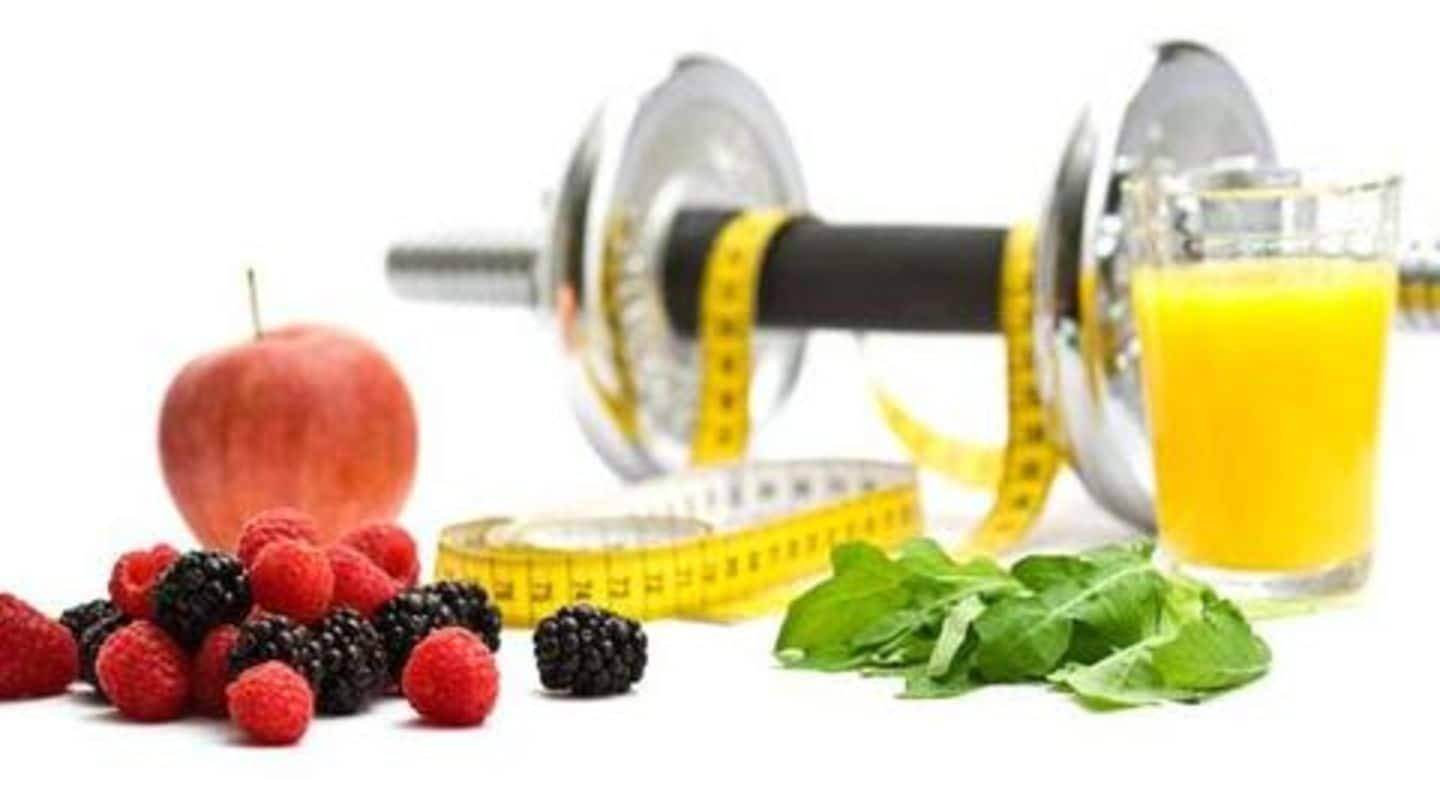#HealthBytes: Five myths about weight-loss busted!
What's the story
Trying to lose weight and getting into shape is always a good idea.
However, not every piece of weight loss advice is good advice. Some of these commonly-held 'beliefs' need to be taken with a pinch of salt.
Also, it is advisable to consult a trusted dietician beforehand.
Here are 5 common weight-loss myths floating around, that need to be busted immediately.
#1
Myth: Many smaller meals are better than few big ones
It's commonly believed that one should go for a number of smaller meals throughout the day instead of opting for two or three big ones.
But what actually matters is the total calorie intake of a person through the day.
Come to think of it, if the calorie count remains the same, what's the difference between six small meals and three large ones?
#2
Myth: Raw food is better than cooked food
It is widely believed that heating up food kills all its enzymes and nutritious value, so one should prefer eating their food raw.
But practically speaking, taking only raw food will deprive you of essential nutrients like protein, calcium, iron, and certain vitamins like B-12, since they are mainly obtained from animal sources, which can't be consumed completely raw.
#3
Myth: Do not go near carbs
It is often advised to give up carbohydrates when trying to lose weight.
However, carbohydrates are a great source of many essential nutrients and dietary fiber. This makes them a must-have for a balanced diet.
Notably, there are healthy as well as unhealthy carbohydrates.
Carbohydrates with high glycemic index may raise blood sugar levels. Thus, they should be avoided, especially by diabetics.
#4,5
Myths: Skip meals to lose weight; Avoid all fats
Skipping meals/fasting: Skipping meals, in order to lose weight is a disastrous thing to do, as it ultimately slows down your metabolism, and may even lead to unexpected hunger pangs, thereby inducing overeating later on.
Avoiding fats: It's the same rule as with carbohydrates. Not all fats are bad. Healthy fats, as in nuts, seeds, yogurt, olive oil, and milk must be taken.
